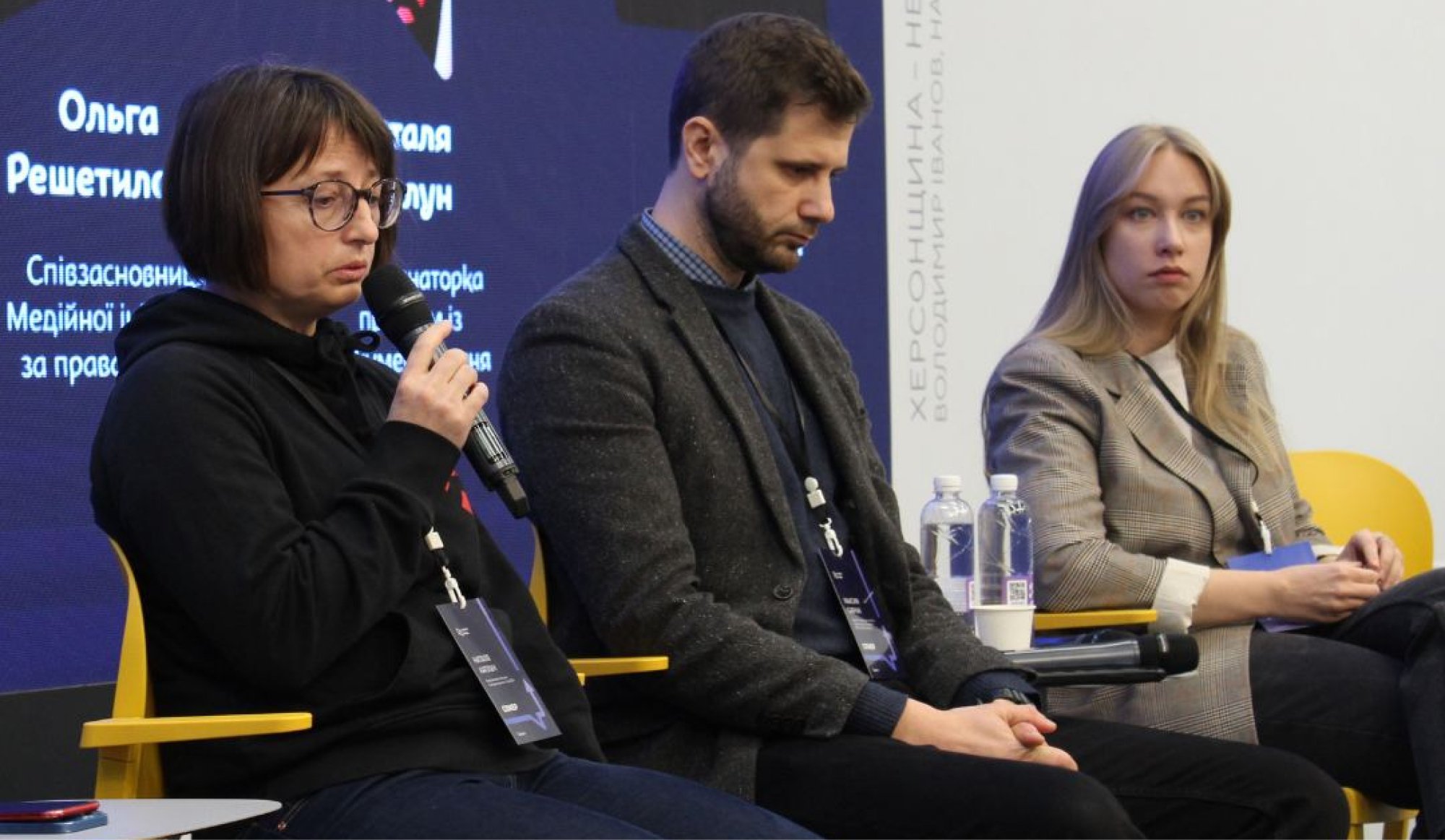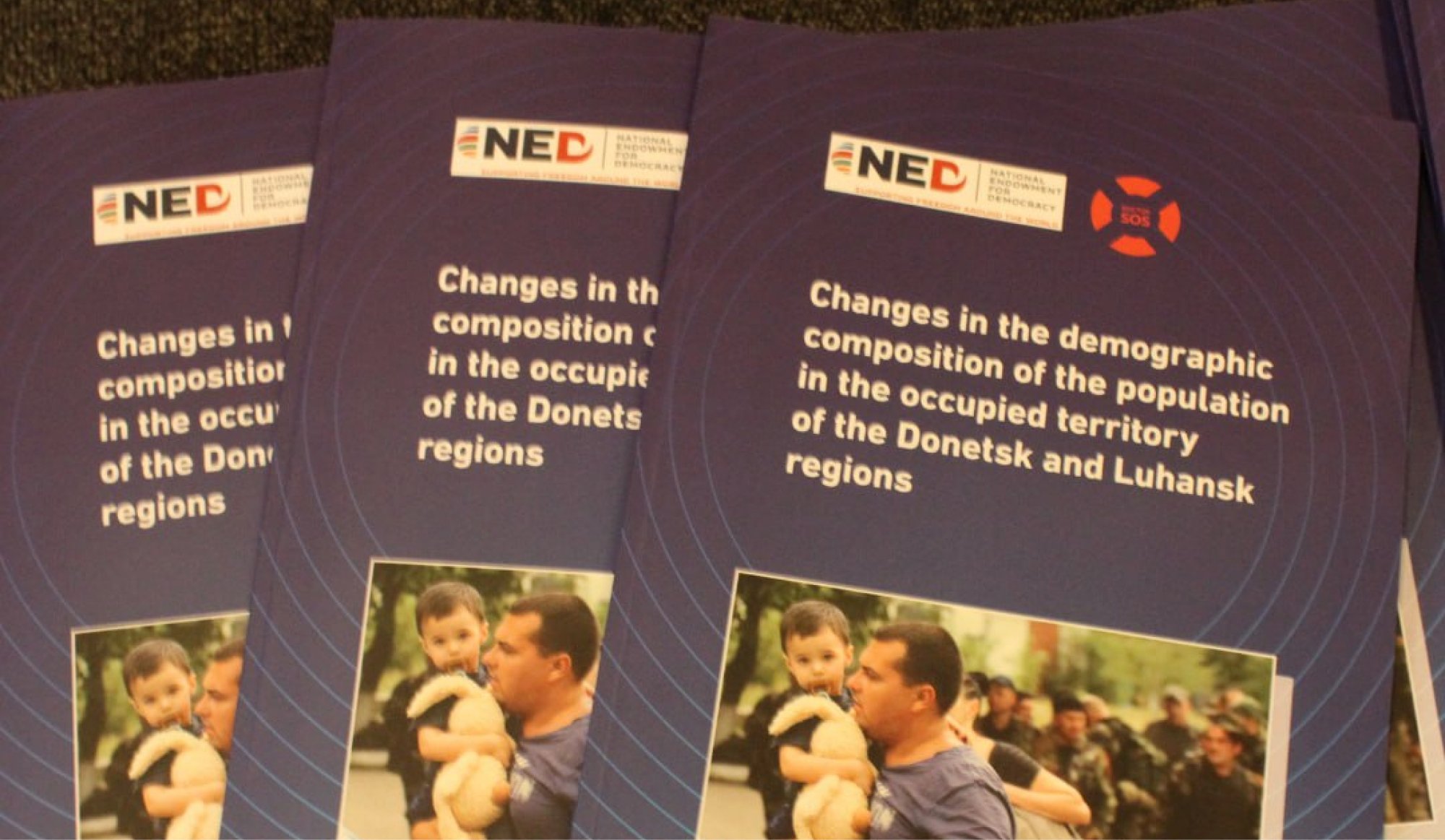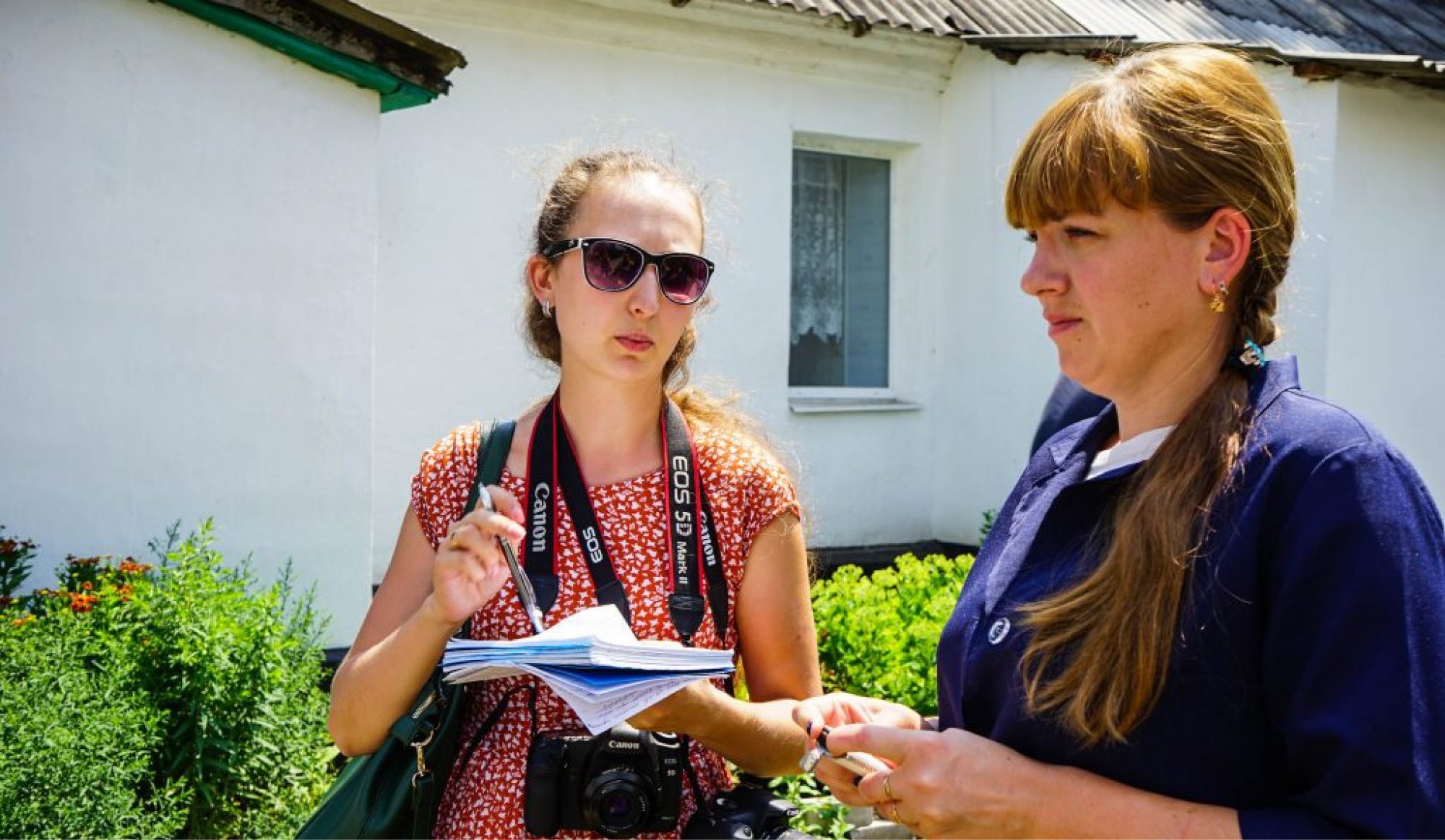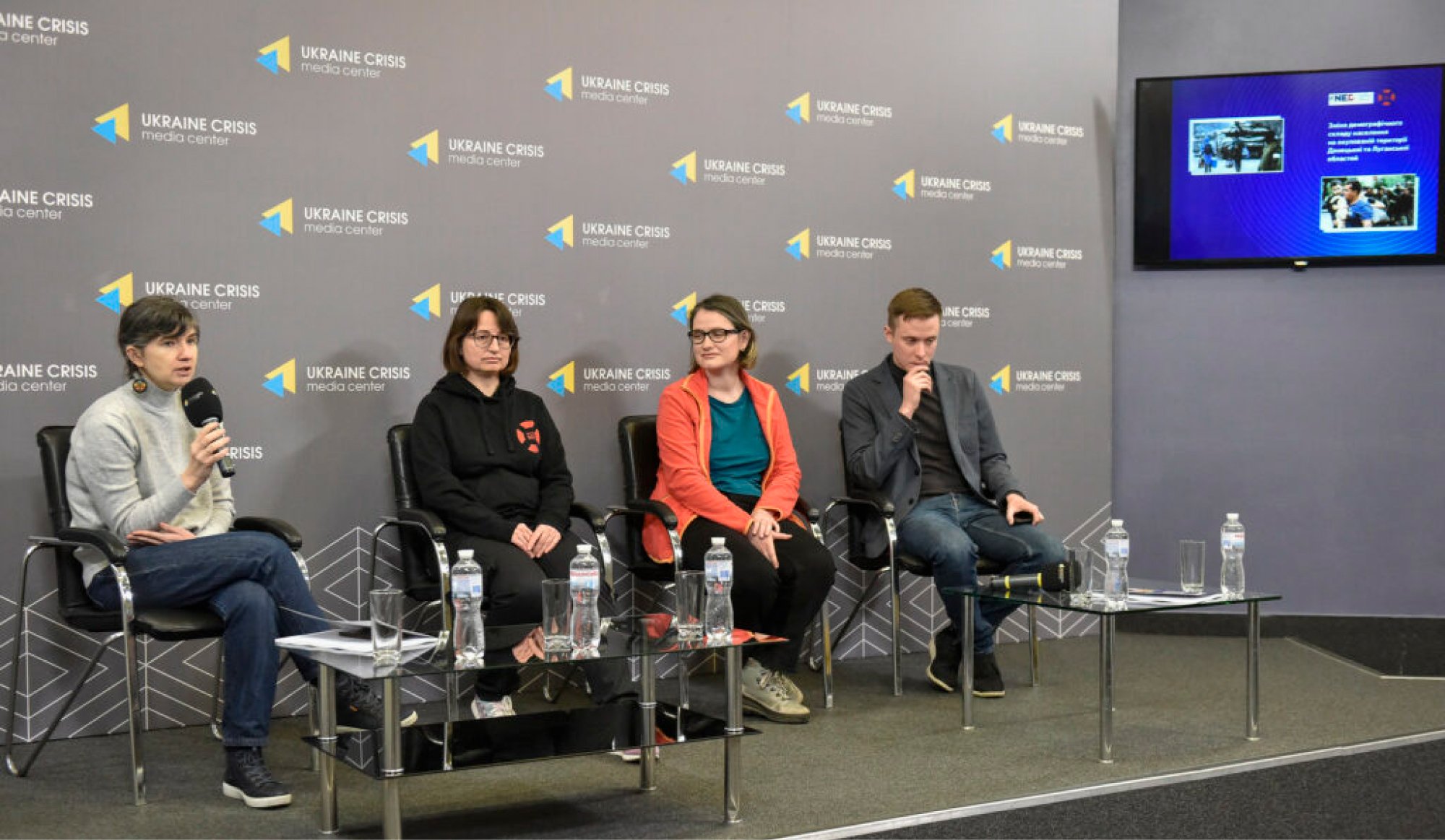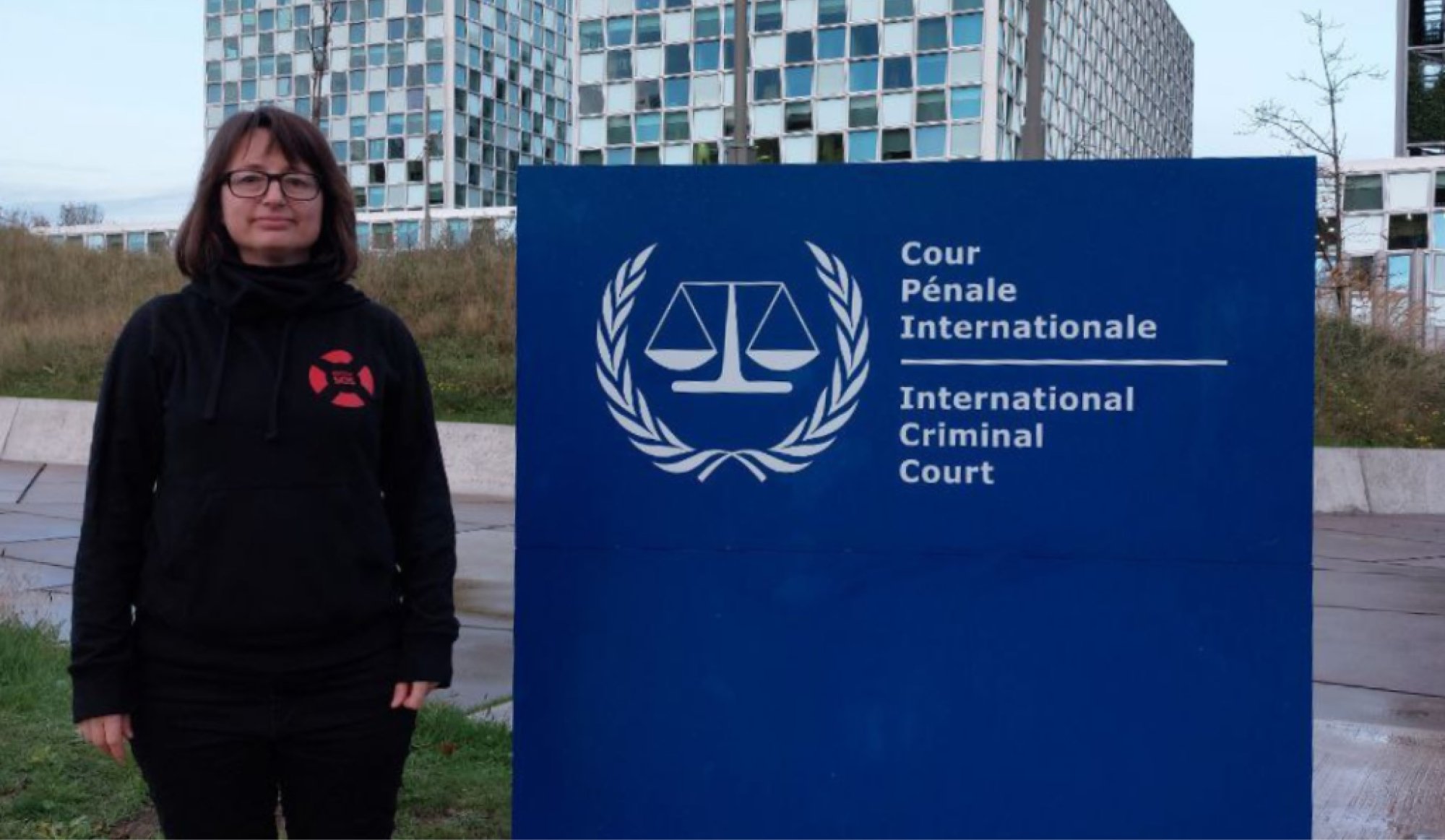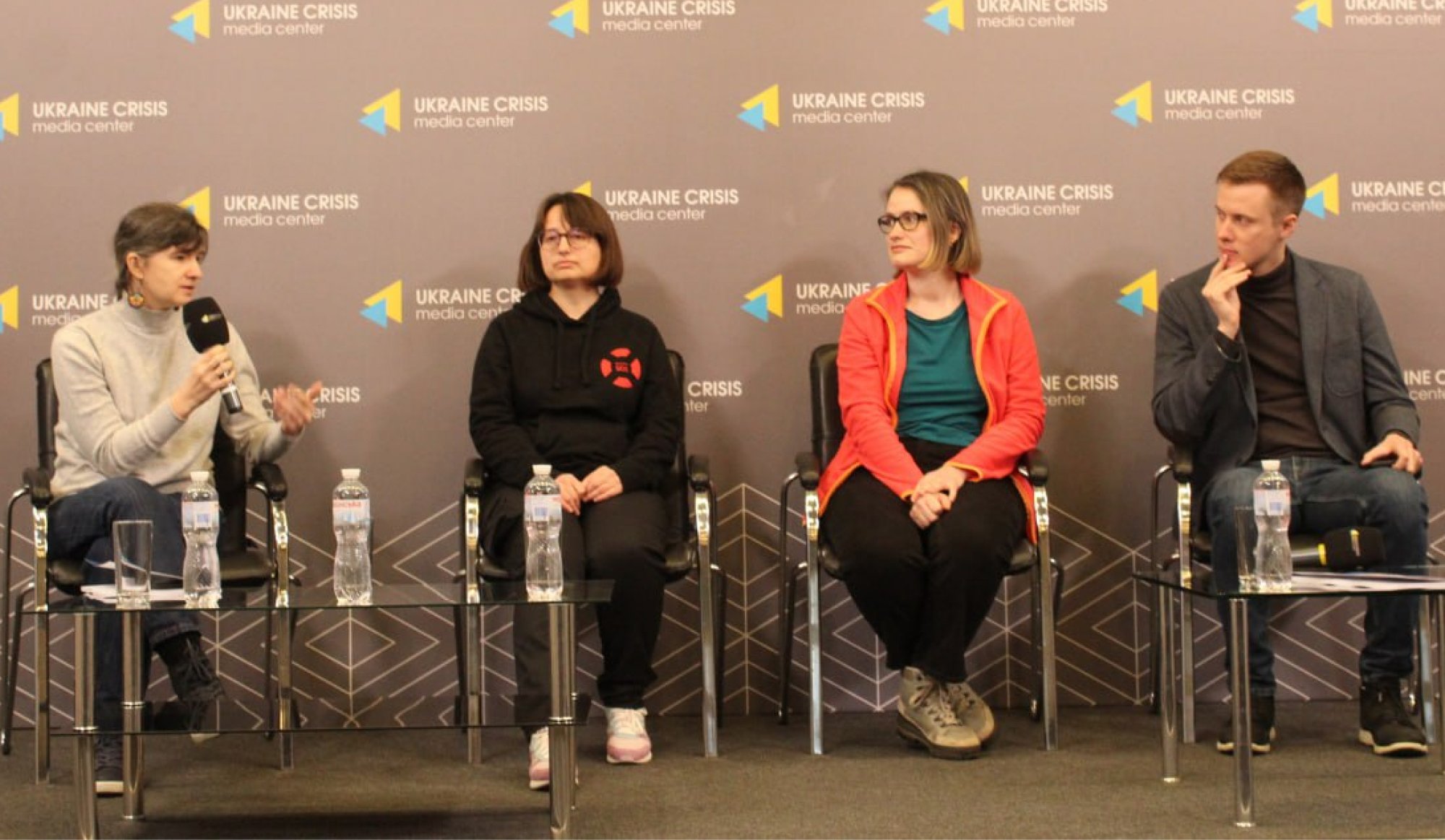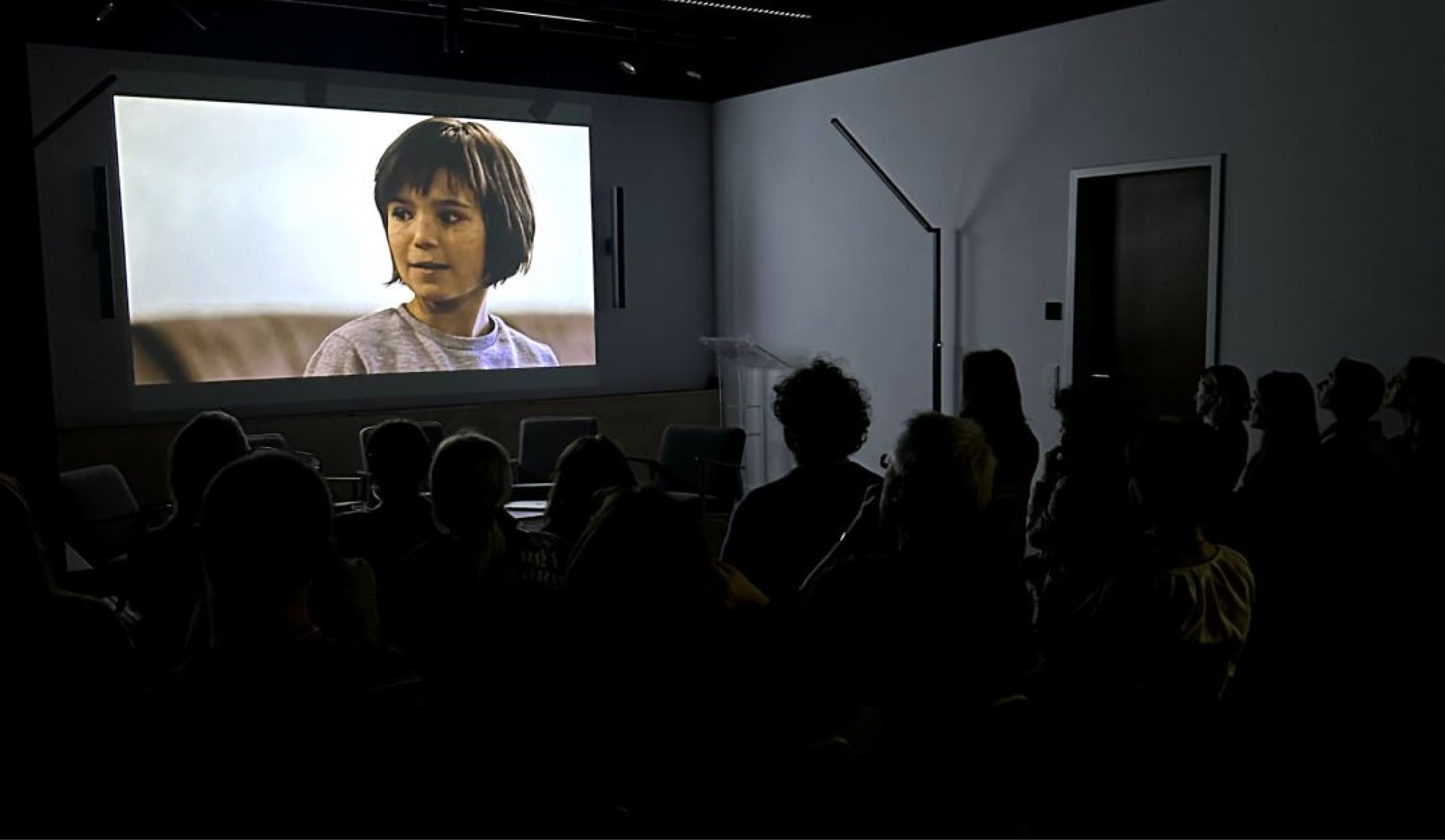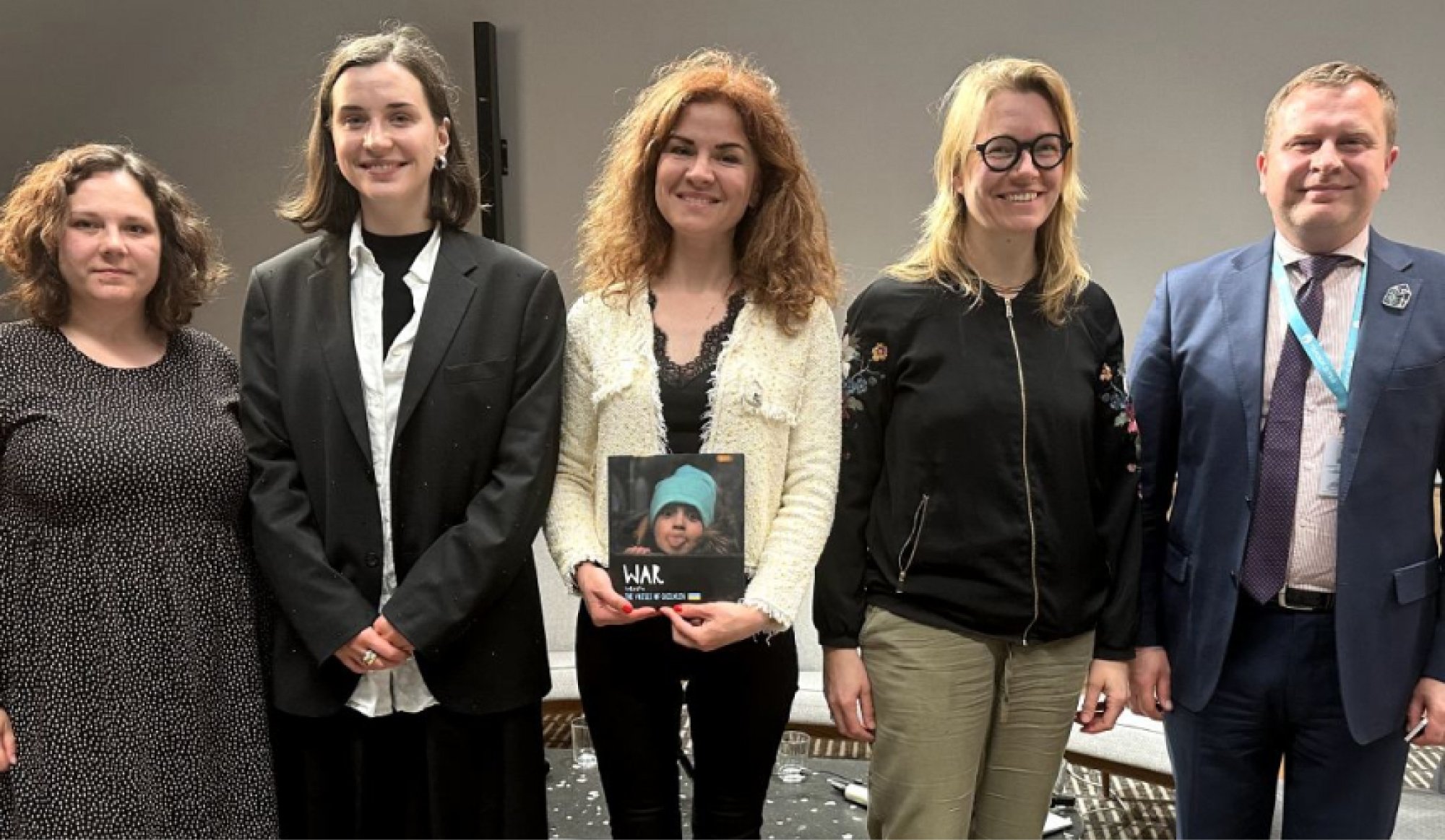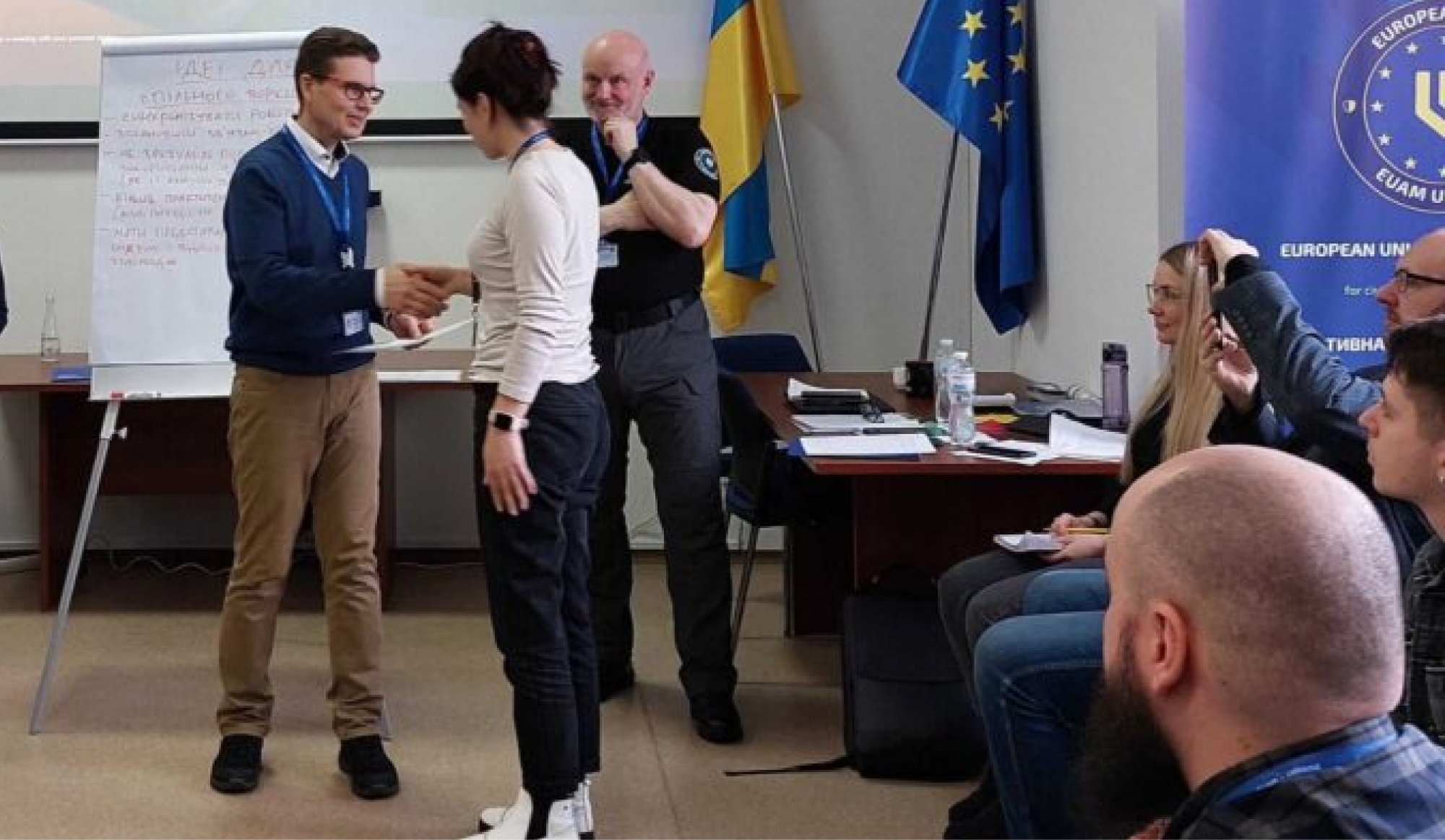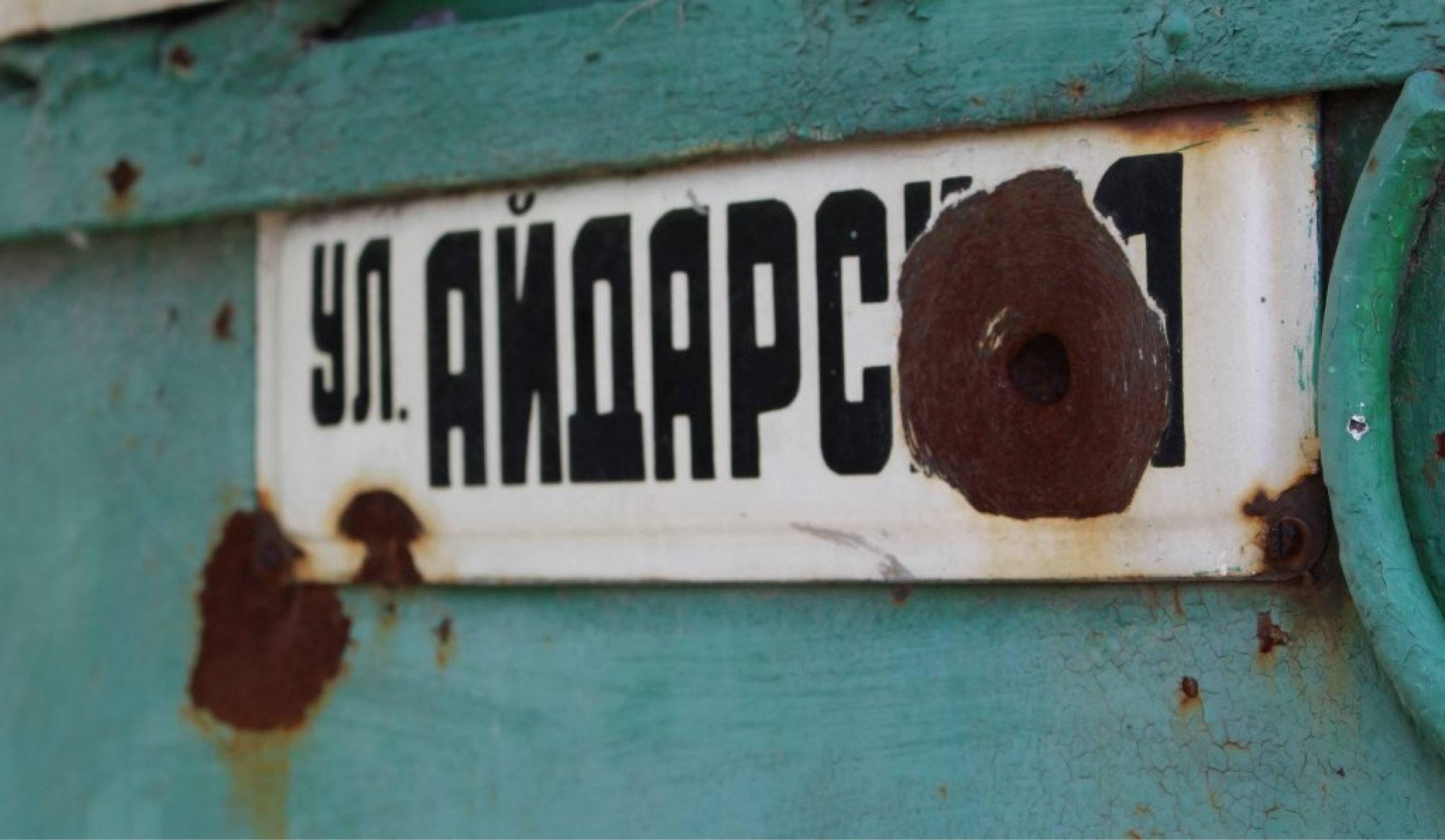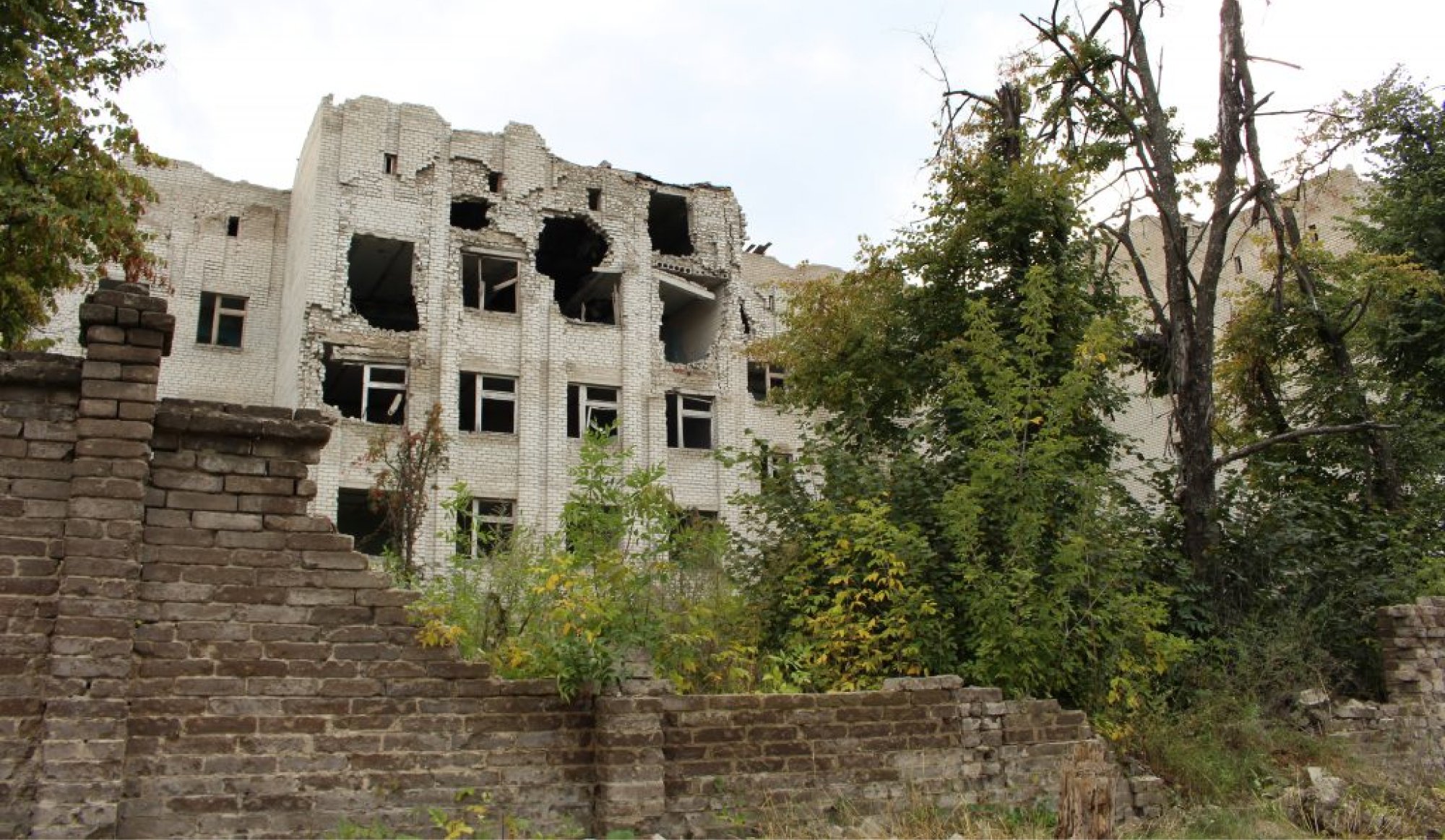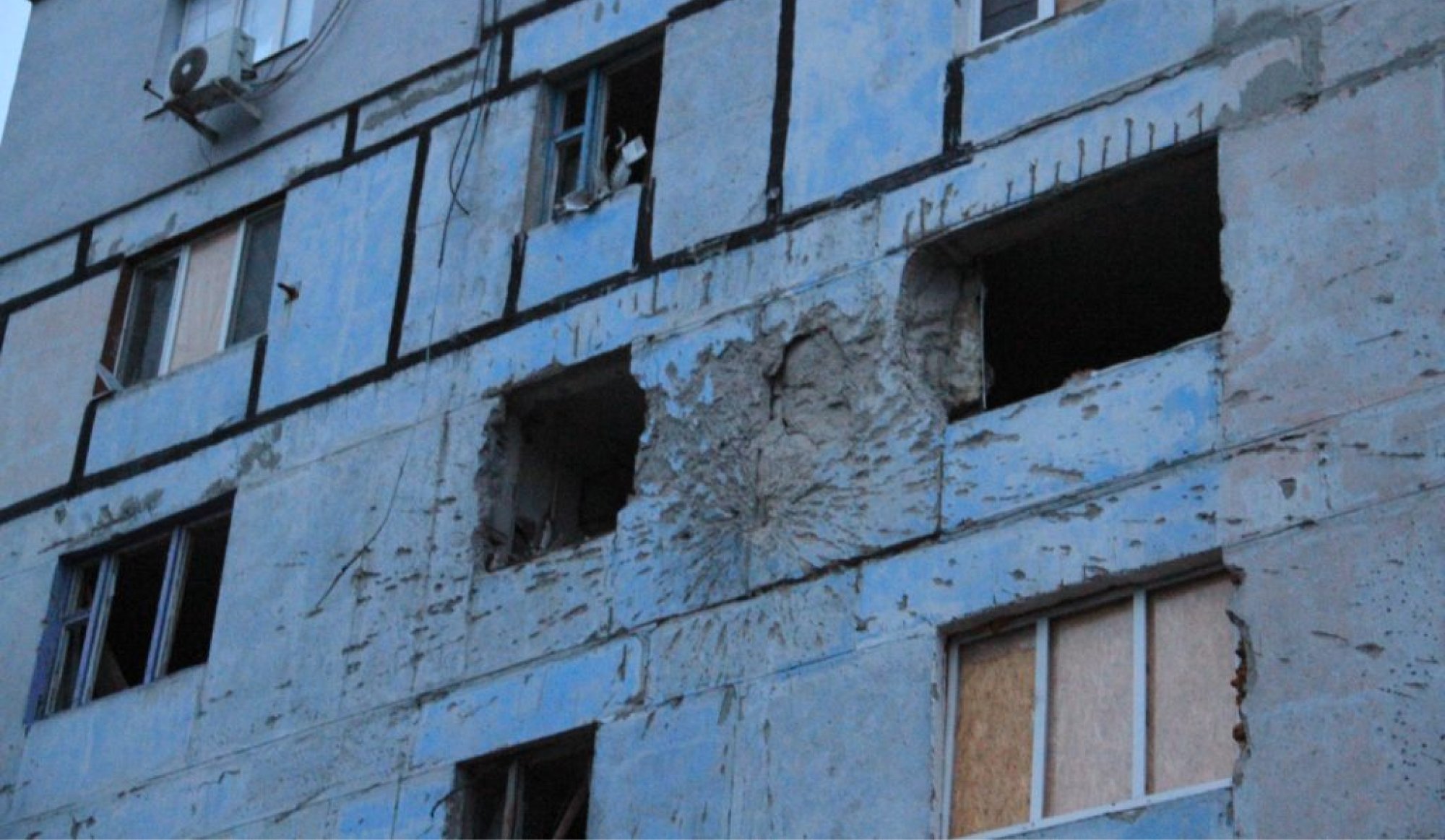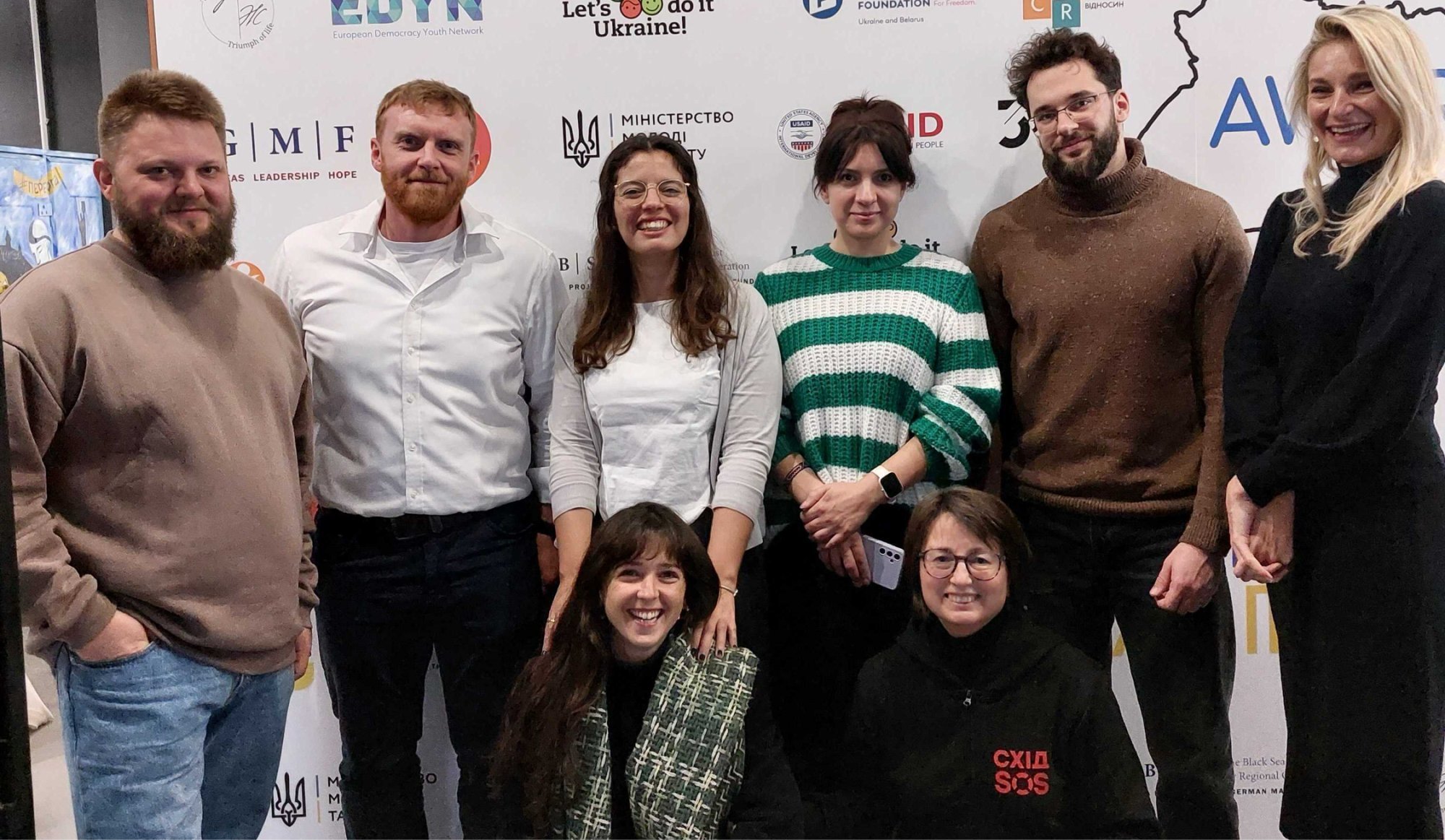Documenting war crimes
Mission
Achievements
Projects
All projects about activities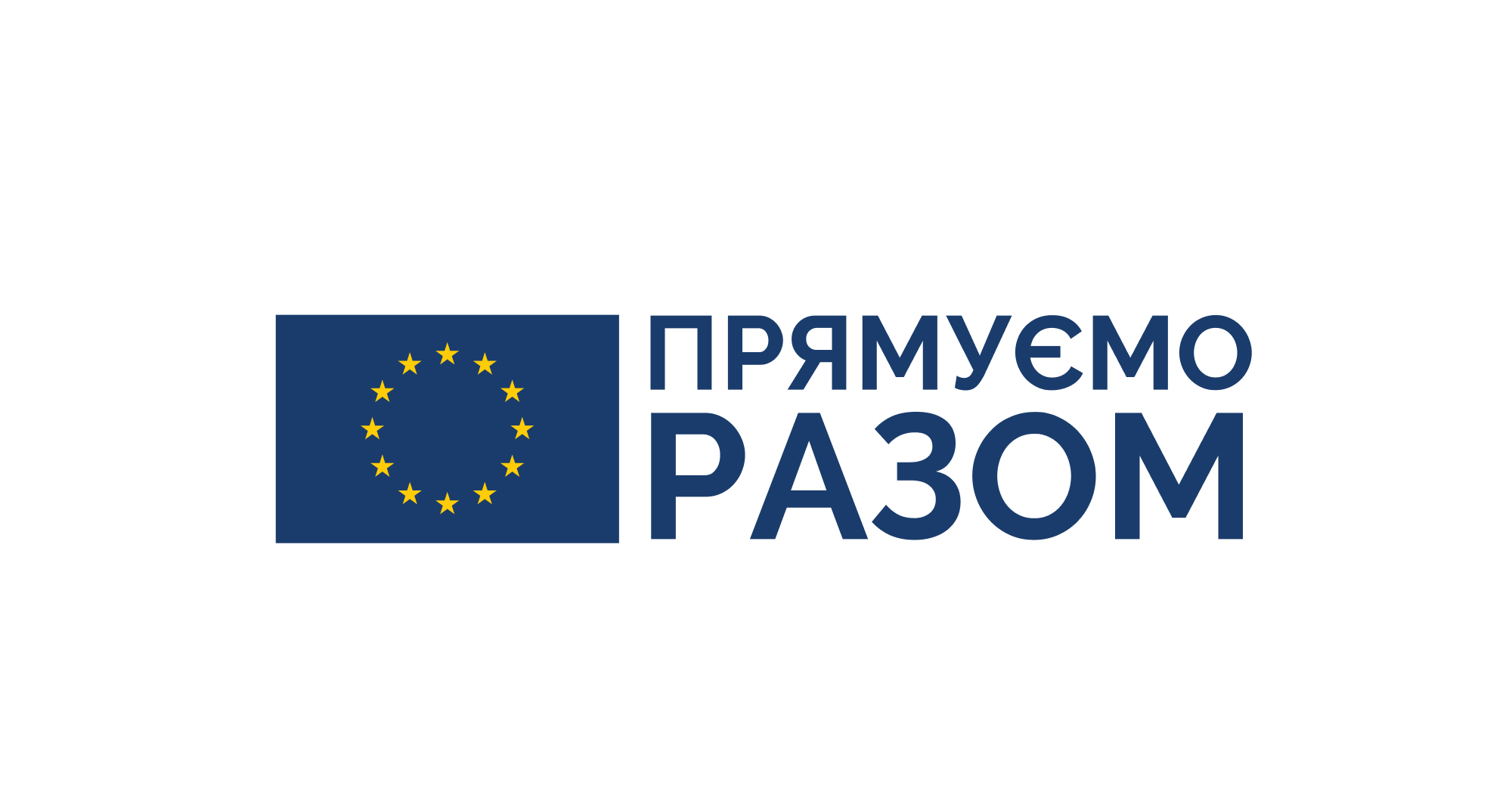
Support for War-Affected Vulnerable Groups and Residents of Remote Areas of Ukraine
Our Team
The documentation team interviews victims and gathers evidence of war crimes committed by russian forces against the Ukrainian people for submission to international courts.
Additionally, they document crimes against frontline residents, including teachers and civil society activists in the Luhansk region. The collected testimonies are shared with the prosecutor’s office and the International Criminal Court.
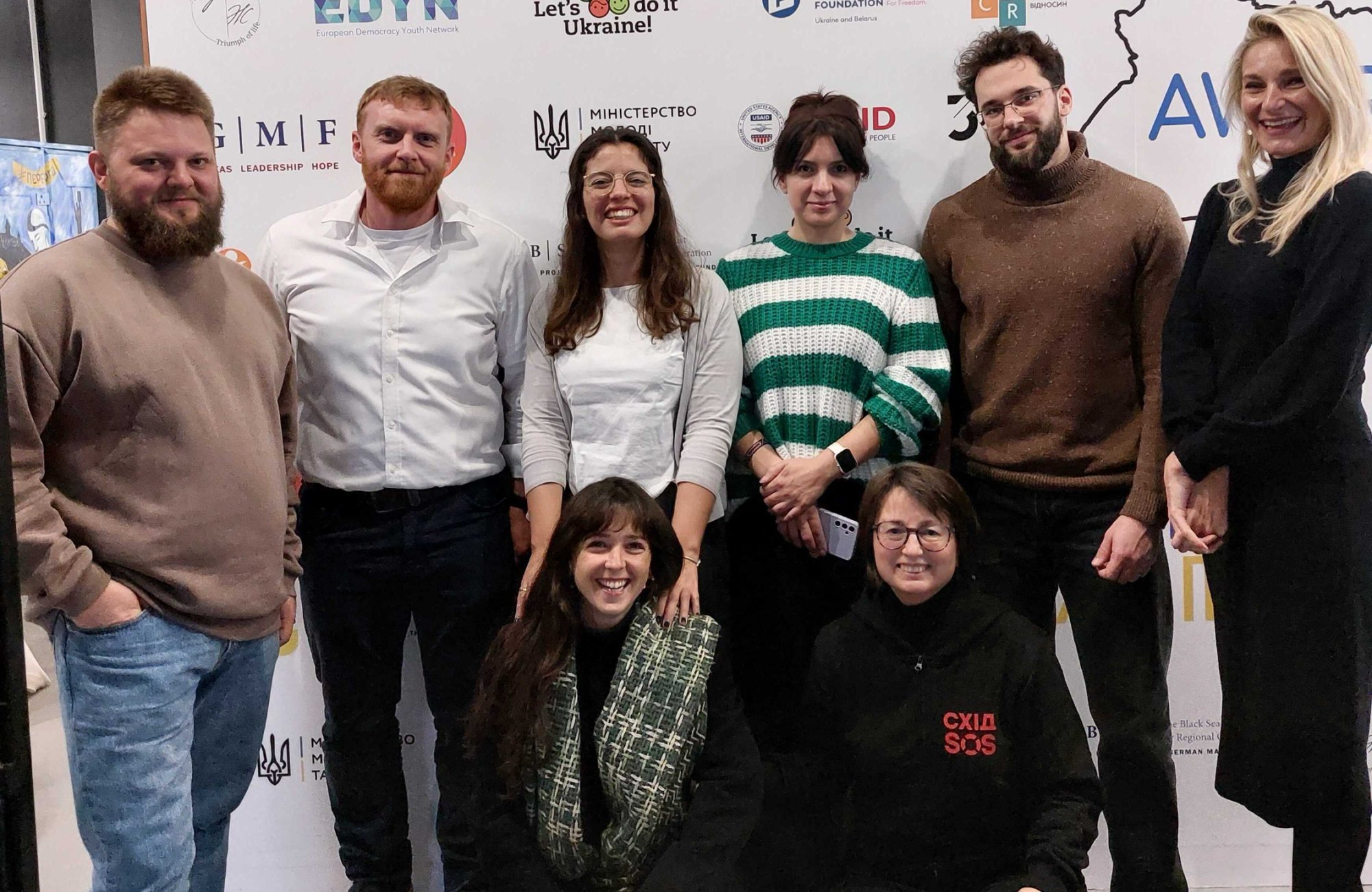
Our team has presented three analytical reports:
- “Implementation of the Best Practices of Justice Amidst the Armed Conflict”
- “Changes in the Demographic Composition of the Population in the Temporarily Occupied Territories of the Donetsk and Luhansk Regions”
- “War Crimes and Crimes Against Humanity Committed Against Civilians in Ukraine in 2022”
- “Invisible People of Ukraine’s Frontline”
We are currently addressing the challenges faced by people with limited mobility living in the combat zone. Additionally, we are collaborating with several media outlets, including Svidomi, Nova Ukrainska Shkola, Svoi, Gazeta UA, Babel, ZMINA.UA, and War Stories in Ukraine.
History
We began documenting crimes committed by Russian forces against the civilian population and established the Informator media resource, which provides daily reports on murders, illegal detentions, shelling of civilian objects, and other atrocities in the temporarily occupied territories of the Donetsk and Luhansk regions.
Additionally, East SOS co-founded the Justice for Peace in Donbas Coalition, which focuses on documenting serious human rights violations in eastern Ukraine.
The initiative has evolved into documenting war crimes against civilians, with a primary focus on recording cases of enforced disappearances, torture, murder, and illegal detention.
Our team continued to record and compile testimonies from victims of crimes committed by the occupation authorities in the Donetsk and Luhansk regions.
One of our team members participated in a study focused on documenting crimes in Bosnia and Herzegovina, Serbia, Kosovo, and Macedonia. The study provided valuable insights into the process of documenting international crimes and sharing the stories of victims with the world.
We published part of our research in the Coalition’s collection Living Against All Odds: Challenges for Civilians During the War in Donbas, where we reconstructed the shelling of Bakhmut in February 2015.
In the Coalition’s study The City Where the War Began, we documented the summer 2014 shelling of Sloviansk and explored post-conflict recovery within the community. The book is based on interviews with Sloviansk residents conducted in 2018.
East SOS signed a cooperation memorandum with the Donetsk Regional Prosecutor’s Office to document war crimes.
Our documenters examined justice for international crimes in Ukraine, presenting their findings in the analytical report Implementation of the Best Practices of Justice Amidst the Armed Conflict.
Additionally, Nataliia Kaplun, our documentation coordinator, joined the expert council of the Ministry of Reintegration to contribute to the development of a state database of violations.
The East SOS Charity Foundation initiated and co-founded the Ukraine. 5 AM Coalition to document international crimes in Ukraine.
Our documenters began recording crimes against civilians, gathering numerous testimonies from Mariupol residents about the city’s destruction. These accounts were published on our official website and media platforms such as Babel and Svidomi.
Additionally, we took part in a roundtable discussion at the International Criminal Court in The Hague, focusing on the documentation of crimes committed against and involving children.
Our team presented the analytical report Changes in the Demographic Composition of the Population in the Temporarily Occupied Territories of the Donetsk and Luhansk Regions, documenting 137 cases of persecution in these areas from 2014 to 2022.
We also prepared the report War Crimes and Crimes Against Humanity Committed Against Civilians in Ukraine in 2022 and continued publishing victim testimonies on media platforms such as Svidomi, War Stories from Ukraine, Gazeta.ua, ZMINA.UA, and New Ukrainian School.
As part of the Freedom House project, our team conducted field missions in the de-occupied territories of the Kharkiv and Kherson regions, collecting evidence of war crimes committed by Russian forces.
We continue to document crimes committed by Russian forces against the civilian population, publishing witness and victim testimonies on our website and partner media platforms such as Svidomi, SERA, and others.
Our mission is to share the stories of ordinary people—those who may never be seen or heard by journalists. We strive to convey their experiences, to ensure these events are neither forgotten nor overlooked. Documenting these stories adds another dimension to understanding the war.
Kateryna Dorosh, War Crimes Documentation Coordinator
